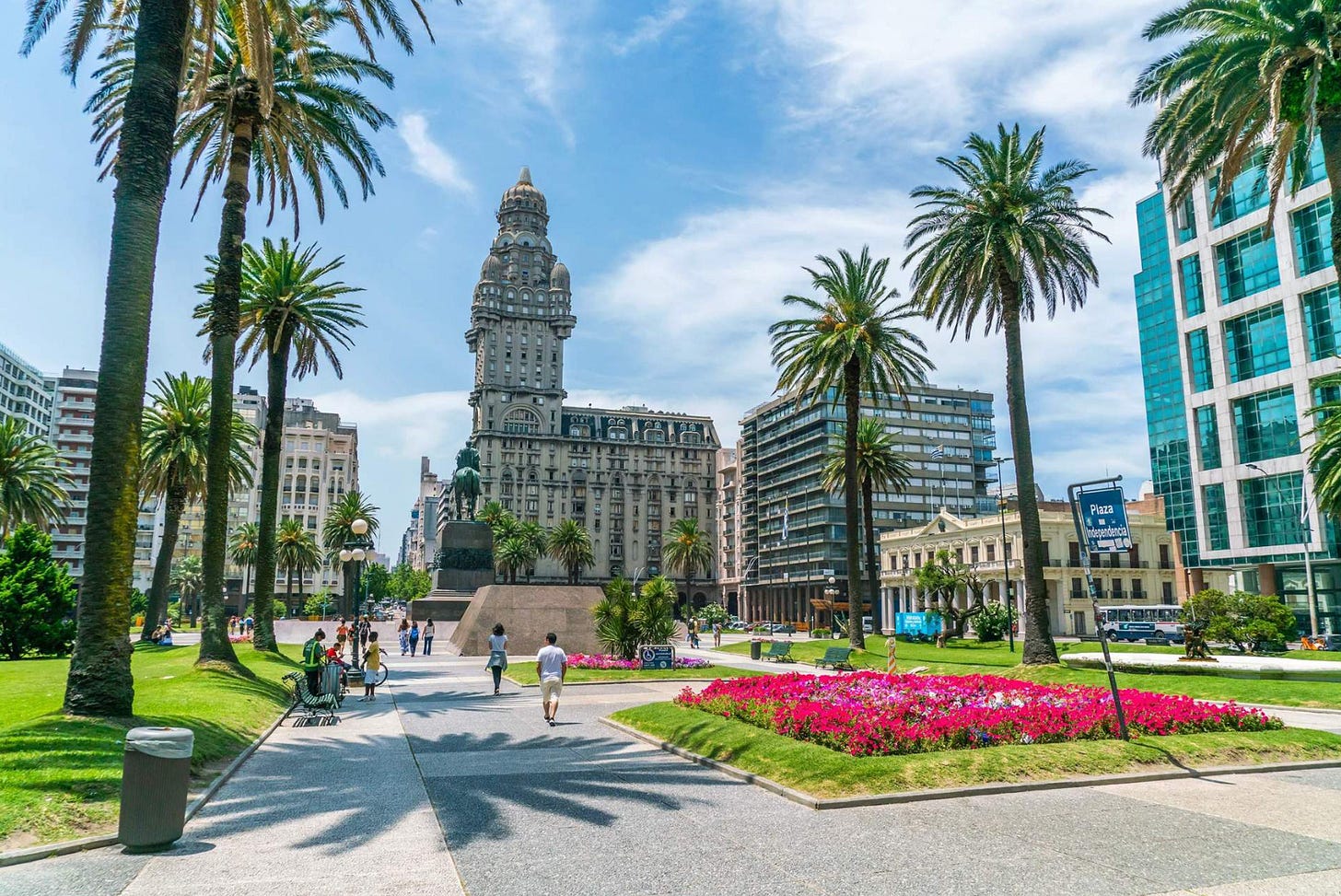Thursday Edition: Uruguay, The Reformer
Governments That Work
Uruguay, a small country between Argentina and Brazil, is famous for its quality of life and strong, inclusive government. It is one of the most stable and effective democracies in the world. Its government works because its institutions are trusted after decades of honesty, professionalism, and consistent rule of law.
How Uruguay’s Government Works
Urugu…



